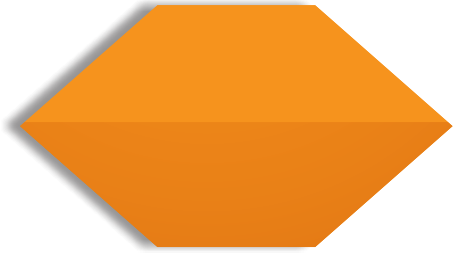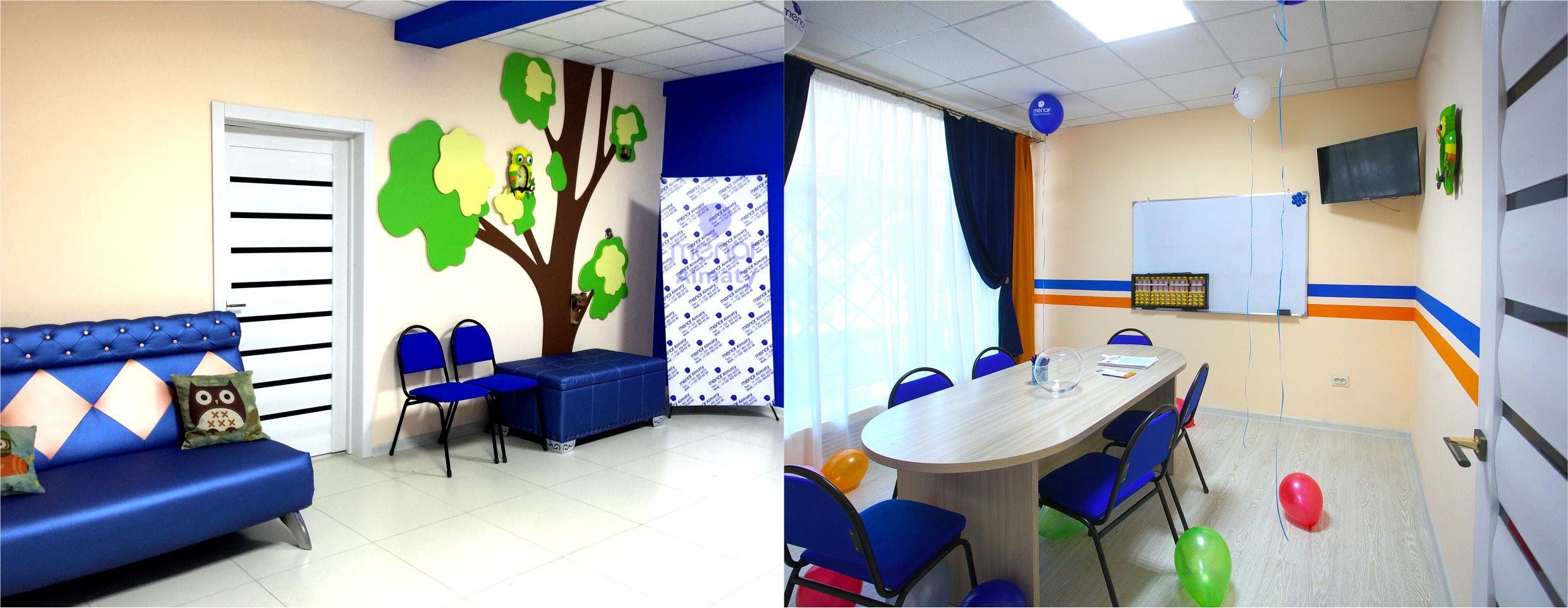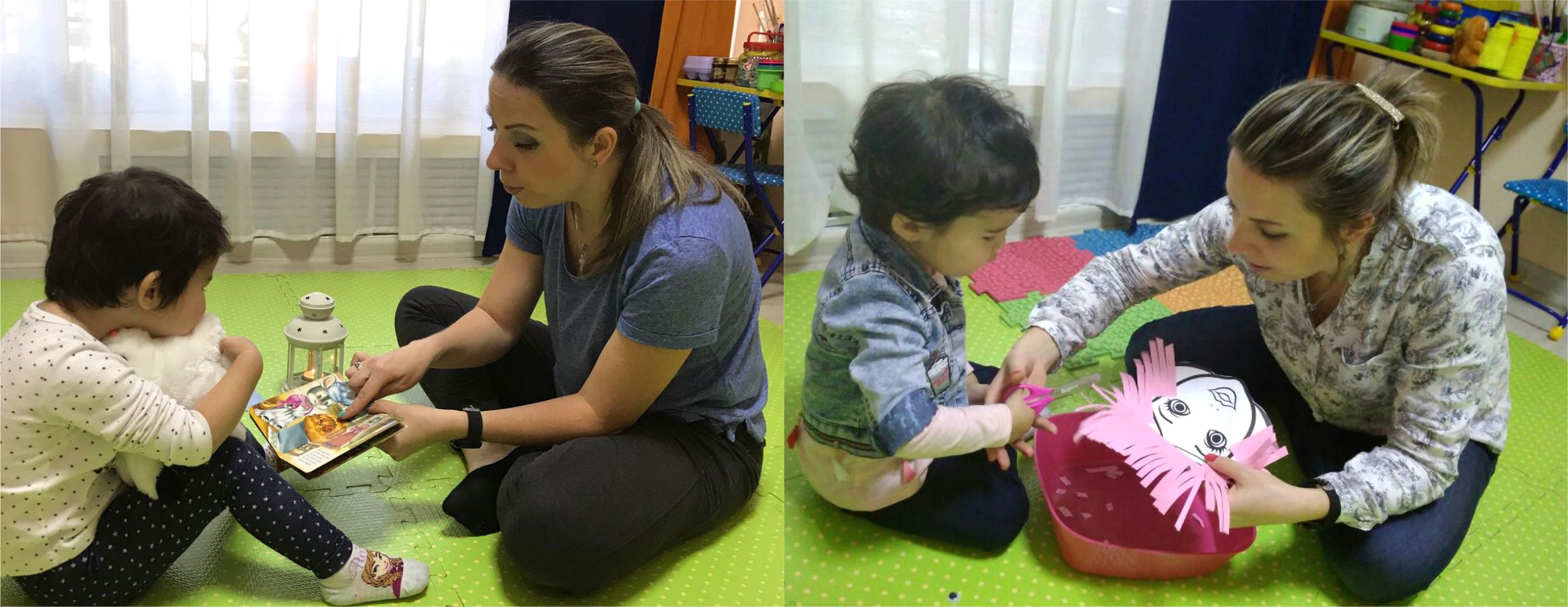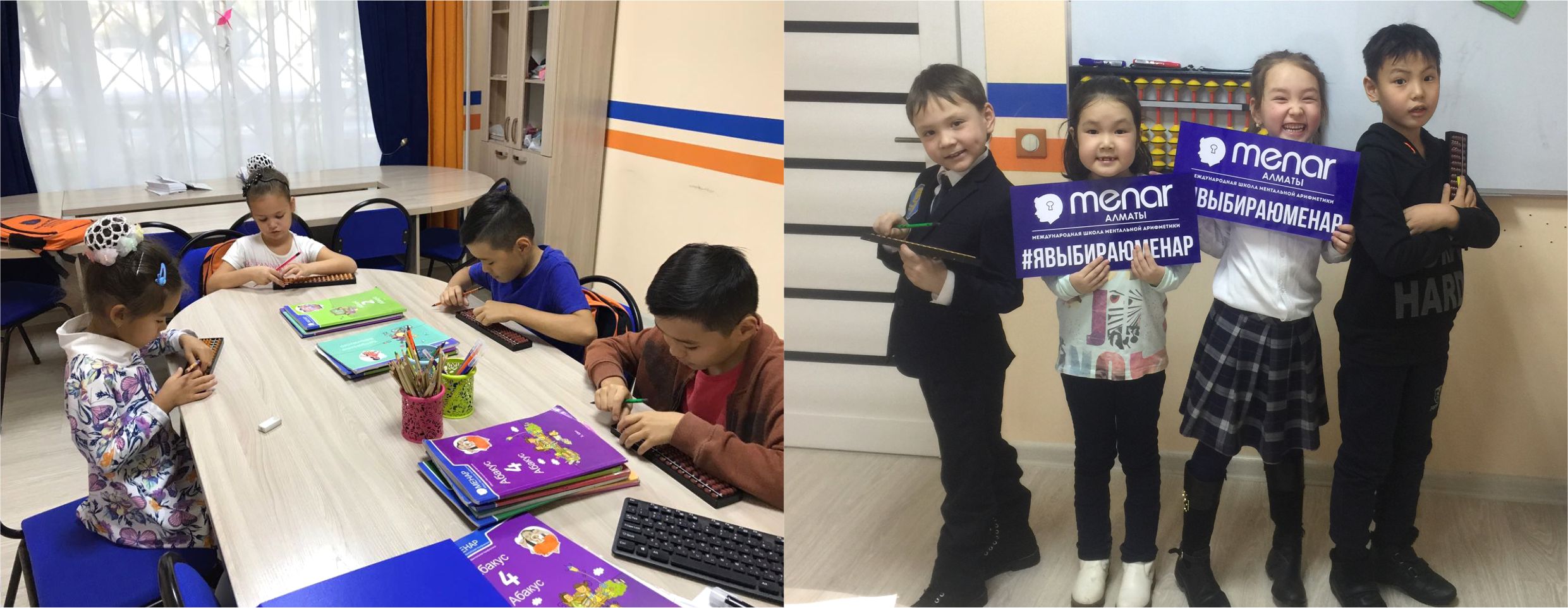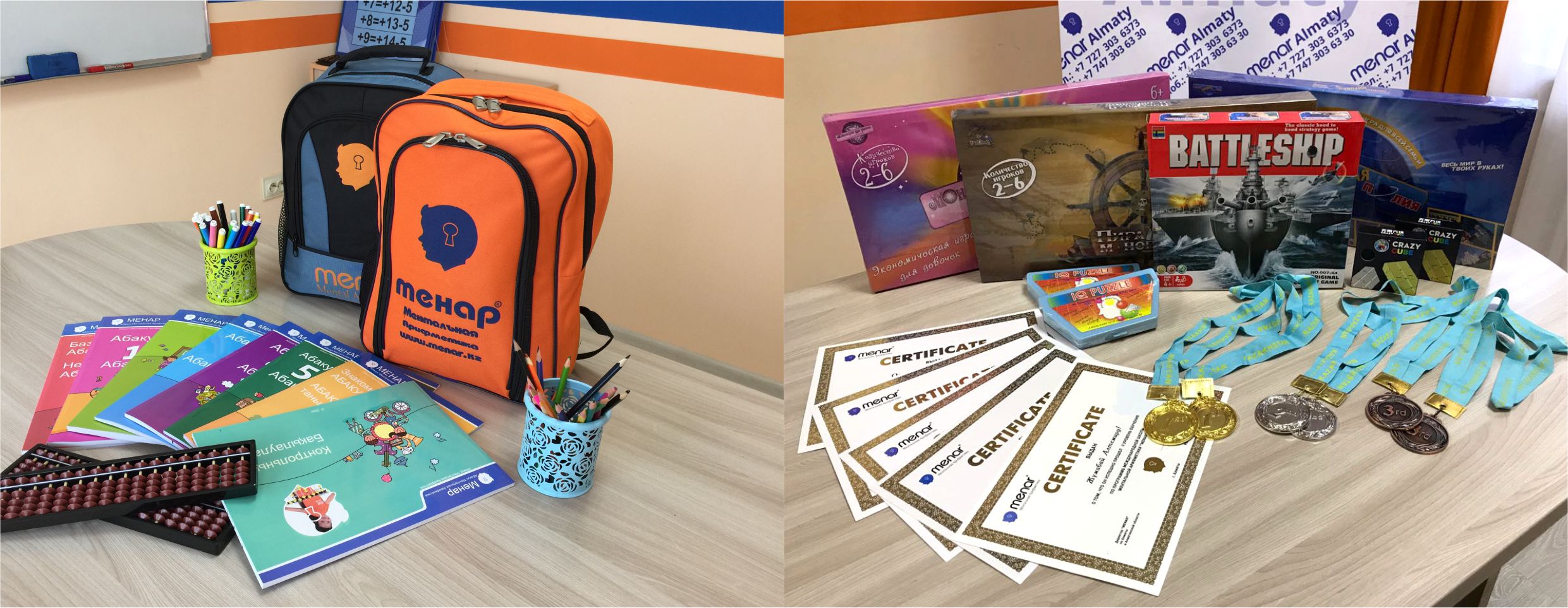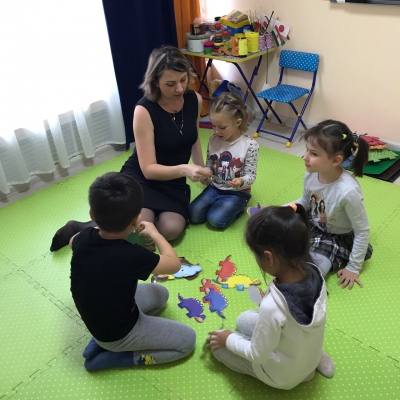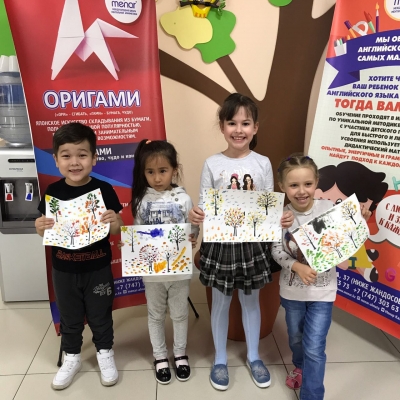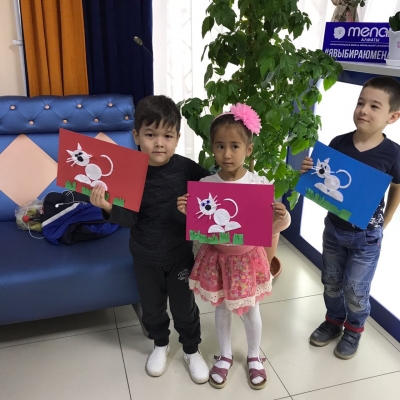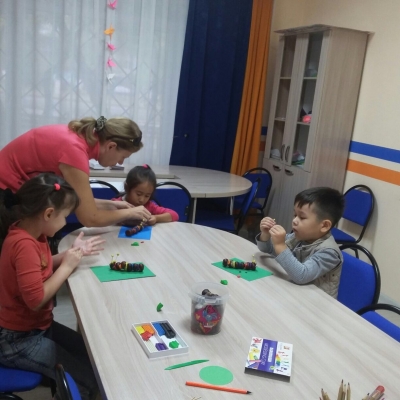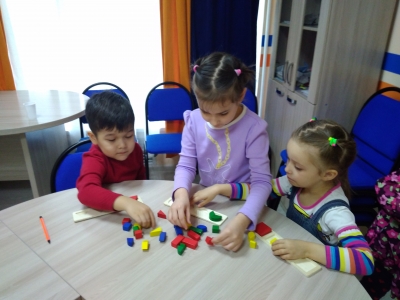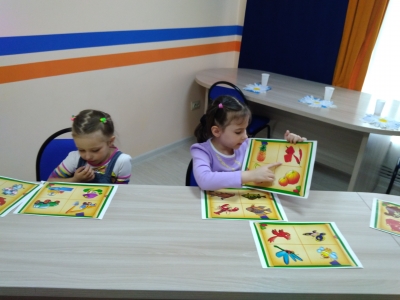Pre-school classes for children in Almaty
The main features of the development of children:
The modern standard of education implies that the child, starting with the first class, independently analyzes the information received and independently "extracts" knowledge. This requires quality preparation, so that the child can feel free in communicating with books, teachers, with new children.
In activity of teachers of preschool institutions required component is not only a technical preparation of children for entering school (expansion of the capacity of their knowledge, training technical skills to use writing utensils, practice of skills of mechanical reading, etc.), and tracking characteristics of each individual child at the stage of transition to schooling. Constant systematic work can provide good results. Interest in new knowledge, skills, searches for information, awareness of public importance, the ability to subdue their "want" for "need", the desire to work and to bring it started to end, the ability to compare the results of their work with the sample and to see their mistakes, striving for success – all this is formed under the conditions of preschool education and family education. Therefore, preschoolers have access to a wealth of potential learning opportunities.
Readiness for school education is determined by the maturation of the child's organism, in particular its nervous system, the degree of formation of the personality, the level of development of mental processes (perception, attention, memory, thinking), etc., the condition of the child's life, the assimilation of social experience in communication with adults and peers. The success of his further training largely depends on the quality and timeliness of the preschool child.
Preparing children for school in the center of development includes two main tasks: comprehensive education (physical, mental, moral, aesthetic) and special preparation for mastering school subjects.
Physiological systems of the needs to acquire the properties that provide the necessary level of reliability, that is, the child's ability to function in a moderate physical load. Nervous centers should be ripe, which manage a variety of activities. It is with these abilities that learning is related to writing.
The child should be physically well developed (that is, all parameters of its development do not have negative deviations from the norm, and sometimes even somewhat outstrip it). It should also be noted success in the development of movements, the appearance of useful motor qualities (agility, speed, accuracy, etc.), the development of the chest, small muscles of the fingers.
Therefore, training and strengthening of the back muscles in the period of preparing the child for school are important.
Physiological readiness for school is determined by the level of development of the basic functional systems of the child's organism and the state of his health. Assessment of the physiological readiness of children for school is carried out by physicians according to certain criteria.
Mental development is a combination of qualitative and quantitative changes occurring in thought processes in connection with the age and influenced by the environment, as well as specially organized instruction and own experience of the child.
At the preschool age, the accumulation of knowledge is rapidly growing, speech is formed in children, cognitive processes are being perfected, the preschooler is mastering the simplest methods of mental activity. It is during the preschool age the child is most likely to occur an active interest in the world around them, reading and arithmetic.
Mental development occurs in the process of activity: communication, subject, game, and then in the educational, labor and productive (drawing, construction, modeling, etc.). That is why development centers make extensive use of these activities in their work. Learning - playing.
The tasks of mental education are sometimes understood in a simplistic way, trying to "invest" in the preschooler as much as possible about the environment. But it's not about "an abundance of knowledge". It is much more important to develop the child's general methods of cognitive activity - the ability to analyze, compare, generalize, and also take care that he has a need to acquire new knowledge, to master the ability to think.
The results of psychological and pedagogical studies in recent years show that children can successfully learn not only the external, visual properties of objects and phenomena, but also their internal, significant connections and relationships. However, such cognition is carried out by children not in the conceptual, but mostly in a visual-figurative form, in the process of objective activity with cognizable objects.
In the preschool age, the most favorable conditions for the moral development of children are created. During this period, the system of relationships between children and adults and peers is expanding and restructuring, complicating activities, and working together. The child looks closely at the world of adults, expel the relationship between people. The preschool child comprehends the world of human relations, reveals the laws on which the interaction of people, that is, the norms of behavior, is built. Aspiring to become an adult, the preschool child subordinates his actions to social norms and rules of behavior.
The leading activity is a plot-role-playing game, where the child models the ways of behavior, actions, relationships of adults. It highlights the relationship between people and the meaning of their work. In fulfilling roles, the child learns to act in accordance with the moral norms accepted in human society.
The older preschooler forms generalized ideas about friendship, mutual assistance, devotion, kindness.
At the age of 5-7 years, preschool children pass from spontaneous morality to the conscious.
For them, the moral norm begins to act as a regulator of the relationship between people. The senior preschooler understands that the norm must be observed so that collective activity is successful. The child's behavior becomes moral even in the absence of an adult and in the event that the child is convinced of the impunity of his actions and does not see any benefit for himself. Gradually, this behavior becomes a habit and appears as an undefined norm.
Initial pre-school education in children's centers helps to strengthen the following features of the moral development of children in preschool age:
Aesthetic development:
Aesthetic education of preschoolers is a process in which the child develops the ability to notice the beauty of the environment, to love art and to be involved in it. It is important to develop in the child the ability to unselfishly rejoice, to feel a slight light excitement from meeting with the beauty and charm of the world of art. From a teacher who has taken a lot of patience and strength to gently instill in his child a love for the beautiful, pervading his whole existence noble drives and aspirations.
Aesthetic education of children with aesthetics of life, with a wonderful work, in nature, social phenomena, and the form of art. To teach a child to feel and understand the beauty of life is a big and difficult task that requires the prolonged work of adults.
Preparation for mastering the school curriculum.
The purpose of the program: the development of the cognitive sphere, the timely correction of violations, the construction of a solid foundation for further education in the school, the formation of the success of the student.
The program covers the following school disciplines: mathematics, reading, writing, logic, cognition of the surrounding world.
Mathematics: Children get acquainted with numbers. Learn basic arithmetic operations: addition and subtraction. Get acquainted with geometric figures.
Reading: In the process of learning, children learn to pronounce and recognize letters, read and make syllables, develop skills of fluent reading. After reading the next story, children answer various questions related to the text, developing imagination and communication skills
Letter: In the lesson of writing, children learn how to write letters and numbers correctly. Children learn the skills of a printed letter, which makes it possible to form a solid basis for teaching capital letters in the future. Dictations from syllables teach children to memorize the correct spelling of letters and numbers.
Logic: Children develop mindfulness, learn to classify objects according to signs, give definitions, find non-standard solutions, reason and draw conclusions.
Cognition of the world around: With the help of developing games, children get a general idea of how the world works, what place a person occupies in it. Children gain knowledge about man, nature and society, learn to observe phenomena in nature, put experiments. During the lessons, children also learn the rules of social behaviour, develop the skills of communicating with peers and adults.
Preparation of schoolchildren for school subjects
- Physical readiness
- mental development
- moral development
- aesthetic development
Preparation for mastering the school program
The modern standard of education implies that the child, starting with the first class, independently analyzes the information received and independently "extracts" knowledge. This requires quality preparation, so that the child can feel free in communicating with books, teachers, with new children.
In activity of teachers of preschool institutions required component is not only a technical preparation of children for entering school (expansion of the capacity of their knowledge, training technical skills to use writing utensils, practice of skills of mechanical reading, etc.), and tracking characteristics of each individual child at the stage of transition to schooling. Constant systematic work can provide good results. Interest in new knowledge, skills, searches for information, awareness of public importance, the ability to subdue their "want" for "need", the desire to work and to bring it started to end, the ability to compare the results of their work with the sample and to see their mistakes, striving for success – all this is formed under the conditions of preschool education and family education. Therefore, preschoolers have access to a wealth of potential learning opportunities.
Readiness for school education is determined by the maturation of the child's organism, in particular its nervous system, the degree of formation of the personality, the level of development of mental processes (perception, attention, memory, thinking), etc., the condition of the child's life, the assimilation of social experience in communication with adults and peers. The success of his further training largely depends on the quality and timeliness of the preschool child.
Preparing children for school in the center of development includes two main tasks: comprehensive education (physical, mental, moral, aesthetic) and special preparation for mastering school subjects.
Physical readiness:
Physiological systems of the needs to acquire the properties that provide the necessary level of reliability, that is, the child's ability to function in a moderate physical load. Nervous centers should be ripe, which manage a variety of activities. It is with these abilities that learning is related to writing.
The child should be physically well developed (that is, all parameters of its development do not have negative deviations from the norm, and sometimes even somewhat outstrip it). It should also be noted success in the development of movements, the appearance of useful motor qualities (agility, speed, accuracy, etc.), the development of the chest, small muscles of the fingers.
Therefore, training and strengthening of the back muscles in the period of preparing the child for school are important.
Physiological readiness for school is determined by the level of development of the basic functional systems of the child's organism and the state of his health. Assessment of the physiological readiness of children for school is carried out by physicians according to certain criteria.
Mental development:
Mental development is a combination of qualitative and quantitative changes occurring in thought processes in connection with the age and influenced by the environment, as well as specially organized instruction and own experience of the child.
At the preschool age, the accumulation of knowledge is rapidly growing, speech is formed in children, cognitive processes are being perfected, the preschooler is mastering the simplest methods of mental activity. It is during the preschool age the child is most likely to occur an active interest in the world around them, reading and arithmetic.
Mental development occurs in the process of activity: communication, subject, game, and then in the educational, labor and productive (drawing, construction, modeling, etc.). That is why development centers make extensive use of these activities in their work. Learning - playing.
The tasks of mental education are sometimes understood in a simplistic way, trying to "invest" in the preschooler as much as possible about the environment. But it's not about "an abundance of knowledge". It is much more important to develop the child's general methods of cognitive activity - the ability to analyze, compare, generalize, and also take care that he has a need to acquire new knowledge, to master the ability to think.
The results of psychological and pedagogical studies in recent years show that children can successfully learn not only the external, visual properties of objects and phenomena, but also their internal, significant connections and relationships. However, such cognition is carried out by children not in the conceptual, but mostly in a visual-figurative form, in the process of objective activity with cognizable objects.
Moral development:
In the preschool age, the most favorable conditions for the moral development of children are created. During this period, the system of relationships between children and adults and peers is expanding and restructuring, complicating activities, and working together. The child looks closely at the world of adults, expel the relationship between people. The preschool child comprehends the world of human relations, reveals the laws on which the interaction of people, that is, the norms of behavior, is built. Aspiring to become an adult, the preschool child subordinates his actions to social norms and rules of behavior.
The leading activity is a plot-role-playing game, where the child models the ways of behavior, actions, relationships of adults. It highlights the relationship between people and the meaning of their work. In fulfilling roles, the child learns to act in accordance with the moral norms accepted in human society.
The older preschooler forms generalized ideas about friendship, mutual assistance, devotion, kindness.
At the age of 5-7 years, preschool children pass from spontaneous morality to the conscious.
For them, the moral norm begins to act as a regulator of the relationship between people. The senior preschooler understands that the norm must be observed so that collective activity is successful. The child's behavior becomes moral even in the absence of an adult and in the event that the child is convinced of the impunity of his actions and does not see any benefit for himself. Gradually, this behavior becomes a habit and appears as an undefined norm.
Initial pre-school education in children's centers helps to strengthen the following features of the moral development of children in preschool age:
- the children develop the first moral judgments and assessments; initial understanding of the social meaning of the moral norm;
- the effectiveness of moral representations increases;
- there is a conscious morality, that is, the behavior of the child begins to be mediated by a moral norm.
Aesthetic development:
Aesthetic education of preschoolers is a process in which the child develops the ability to notice the beauty of the environment, to love art and to be involved in it. It is important to develop in the child the ability to unselfishly rejoice, to feel a slight light excitement from meeting with the beauty and charm of the world of art. From a teacher who has taken a lot of patience and strength to gently instill in his child a love for the beautiful, pervading his whole existence noble drives and aspirations.
Aesthetic education of children with aesthetics of life, with a wonderful work, in nature, social phenomena, and the form of art. To teach a child to feel and understand the beauty of life is a big and difficult task that requires the prolonged work of adults.
Preparation for mastering the school curriculum.
The purpose of the program: the development of the cognitive sphere, the timely correction of violations, the construction of a solid foundation for further education in the school, the formation of the success of the student.
The program covers the following school disciplines: mathematics, reading, writing, logic, cognition of the surrounding world.
Mathematics: Children get acquainted with numbers. Learn basic arithmetic operations: addition and subtraction. Get acquainted with geometric figures.
Reading: In the process of learning, children learn to pronounce and recognize letters, read and make syllables, develop skills of fluent reading. After reading the next story, children answer various questions related to the text, developing imagination and communication skills
Letter: In the lesson of writing, children learn how to write letters and numbers correctly. Children learn the skills of a printed letter, which makes it possible to form a solid basis for teaching capital letters in the future. Dictations from syllables teach children to memorize the correct spelling of letters and numbers.
Logic: Children develop mindfulness, learn to classify objects according to signs, give definitions, find non-standard solutions, reason and draw conclusions.
Cognition of the world around: With the help of developing games, children get a general idea of how the world works, what place a person occupies in it. Children gain knowledge about man, nature and society, learn to observe phenomena in nature, put experiments. During the lessons, children also learn the rules of social behaviour, develop the skills of communicating with peers and adults.
Preparation of schoolchildren for school subjects


 English
English  Türkçe
Türkçe Русский
Русский Қазақша
Қазақша
